The olive harvest in Palestine has been marred by increasing attacks from settlers and Israeli troops, resulting in the damage or uprooting of thousands of trees. This season's losses have had a significant economic and emotional impact on tens of thousands of Palestinians who rely on olives for their livelihoods. The attacks have also highlighted the cultural significance of the olive harvest, which is a treasured tradition that spans generations.
According to Palestinian activist Sami Huraini, the olive harvest is not just a means of income, but also a celebration of Palestinian identity and connection to the land. "The olive harvest is a symbol of our resilience and our determination to stay on our land," Huraini said. "It's a time when families come together, share stories, and pass down traditions from one generation to the next." Huraini emphasized that the attacks on olive groves are not just an economic blow, but also a cultural one, as they threaten the very fabric of Palestinian society.
The olive harvest has been a staple of Palestinian culture for centuries, with families gathering beneath the groves to pick olives, press oil, and celebrate the harvest. Palestinian American food blogger Sarah Sharif noted that the olive harvest is also a time of great joy and celebration, with families coming together to share meals and stories. "The olive harvest is a time when we connect with our heritage and our traditions," Sharif said. "It's a time when we remember who we are and where we come from."
The attacks on olive groves have been ongoing for years, but this season's losses have been particularly devastating. According to Huraini, thousands of trees have been damaged or uprooted, resulting in significant economic losses for Palestinian farmers. "The attacks on olive groves are a form of collective punishment," Huraini said. "They are designed to intimidate and demoralize Palestinian farmers, but they also have a profound impact on our economy and our way of life."
The olive harvest is a critical source of income for many Palestinian families, with tens of thousands relying on olives for their livelihoods. According to Sharif, the loss of olive groves has a ripple effect throughout the community, impacting not just farmers but also local businesses and families who rely on the harvest for their income. "The olive harvest is not just about olives," Sharif said. "It's about the people who grow them, the people who harvest them, and the people who rely on them for their livelihoods."
As the olive harvest comes to a close, Palestinians are left to pick up the pieces and rebuild their communities. The attacks on olive groves have highlighted the need for greater protection and support for Palestinian farmers, who are struggling to make a living in the face of increasing violence and intimidation. According to Huraini, the olive harvest is a symbol of Palestinian resilience and determination, but it also highlights the need for greater international support and solidarity. "The olive harvest is a reminder that we are not alone," Huraini said. "We are part of a global community that values justice, equality, and human rights."
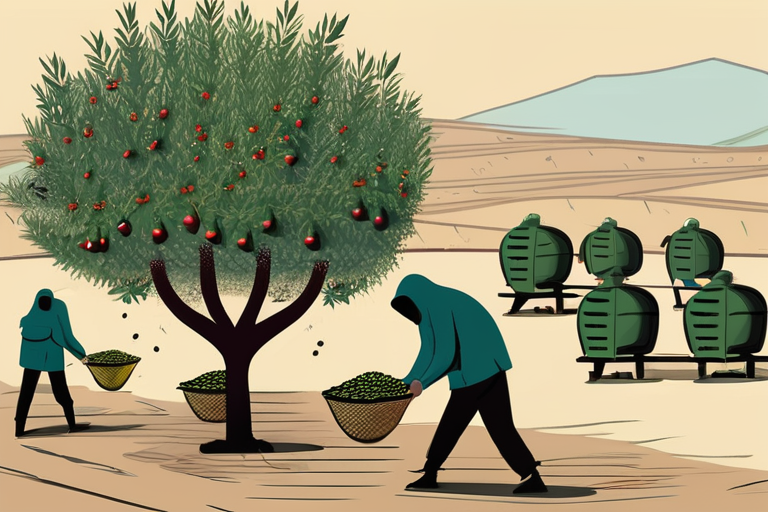


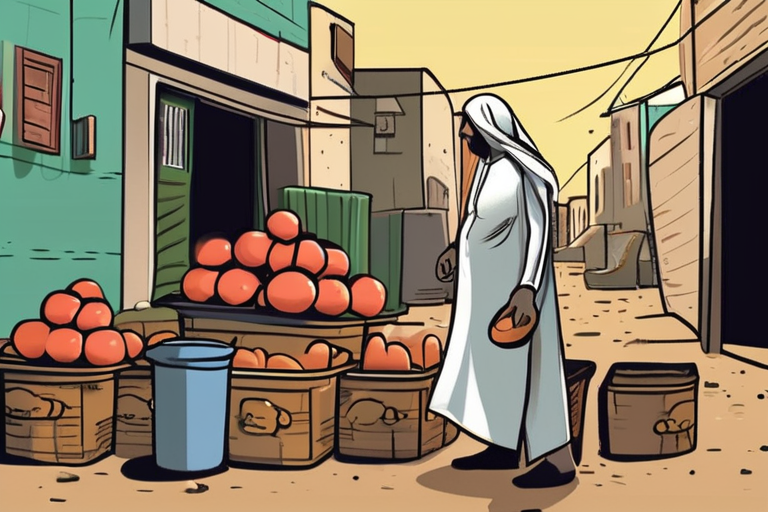
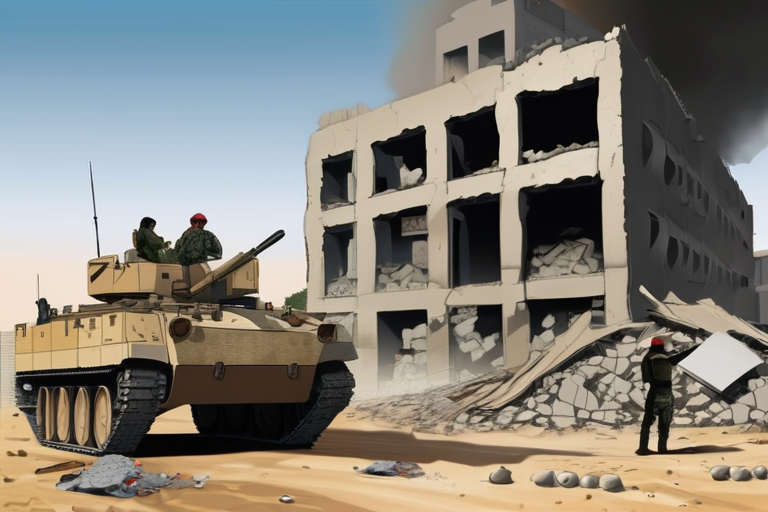
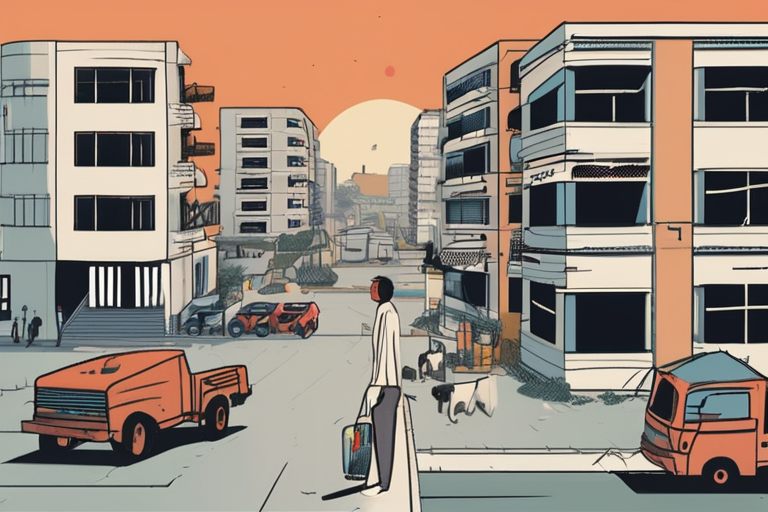
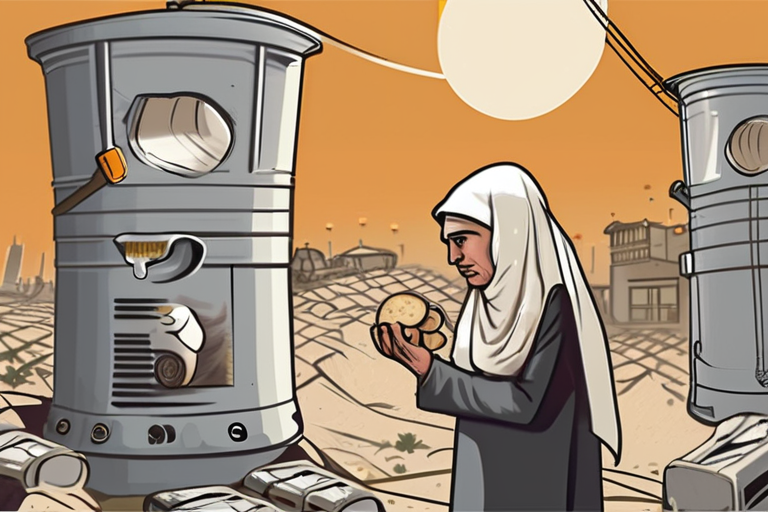
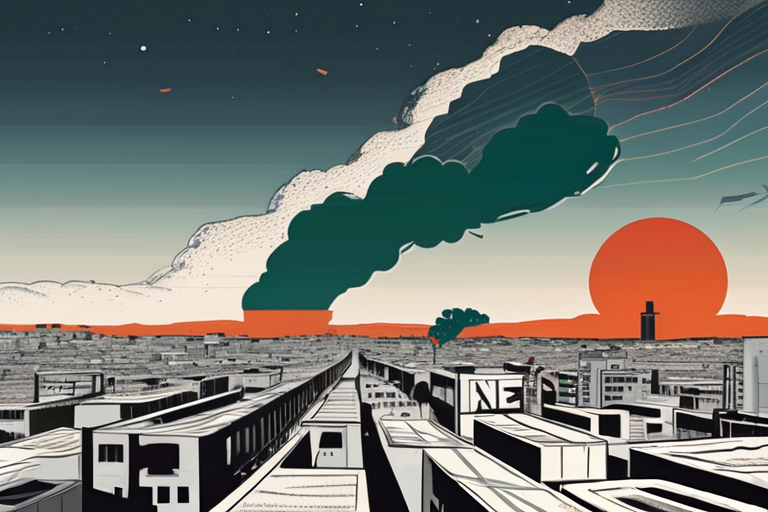
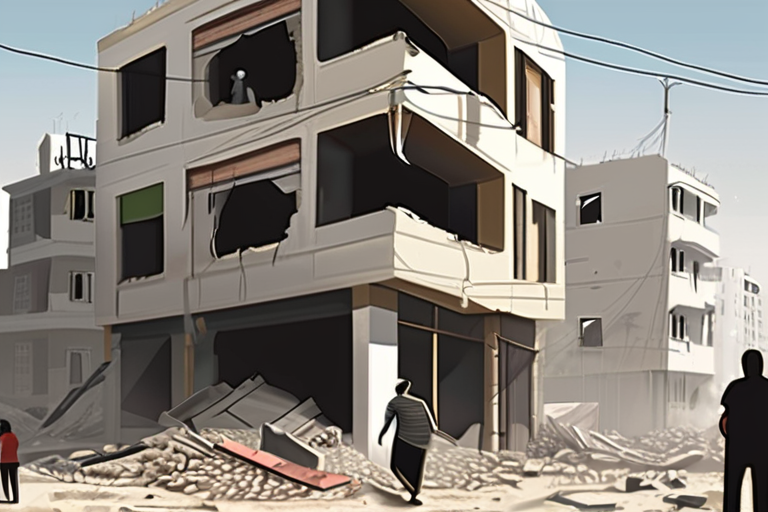
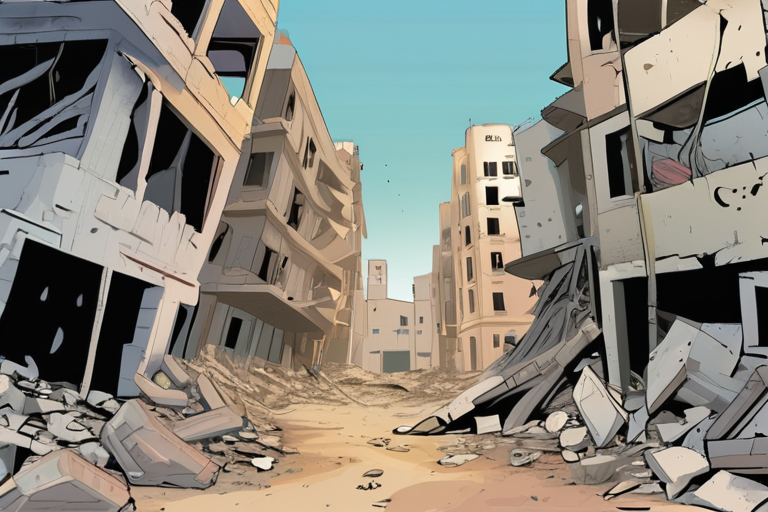
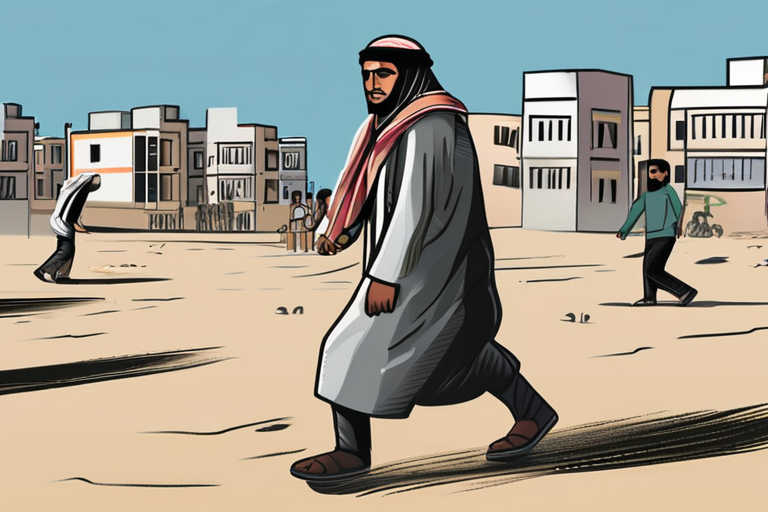
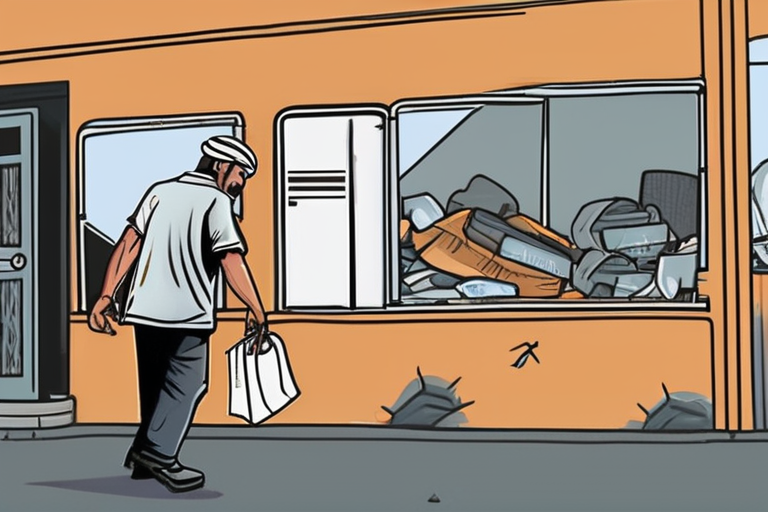
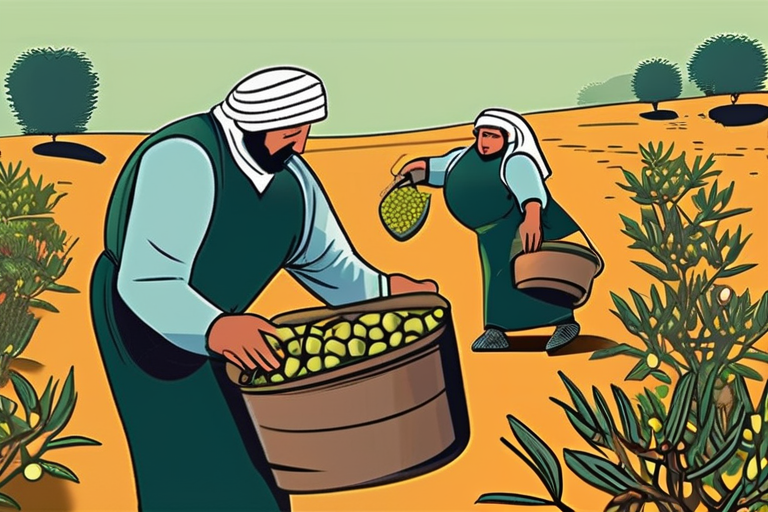
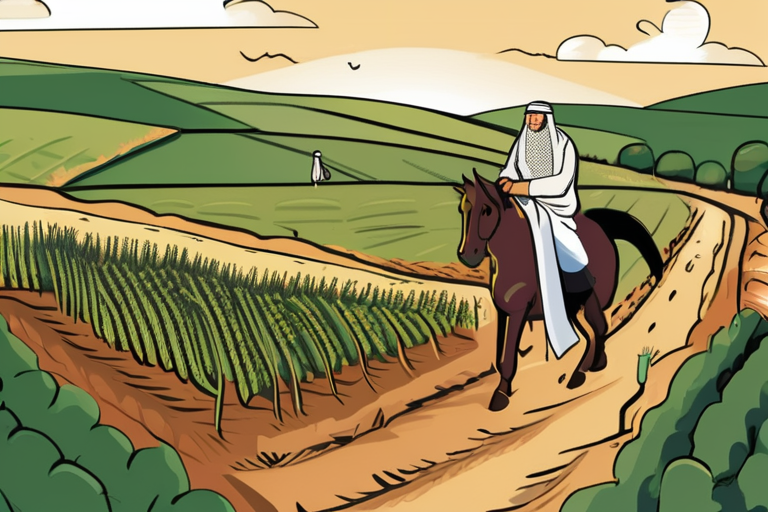
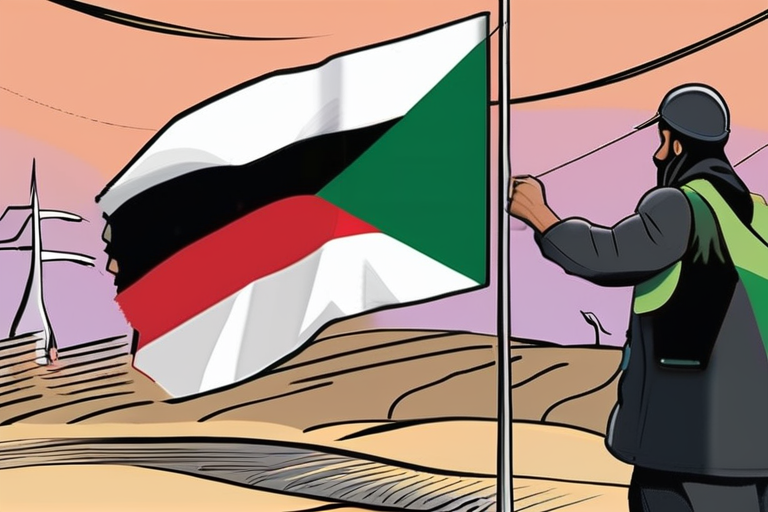
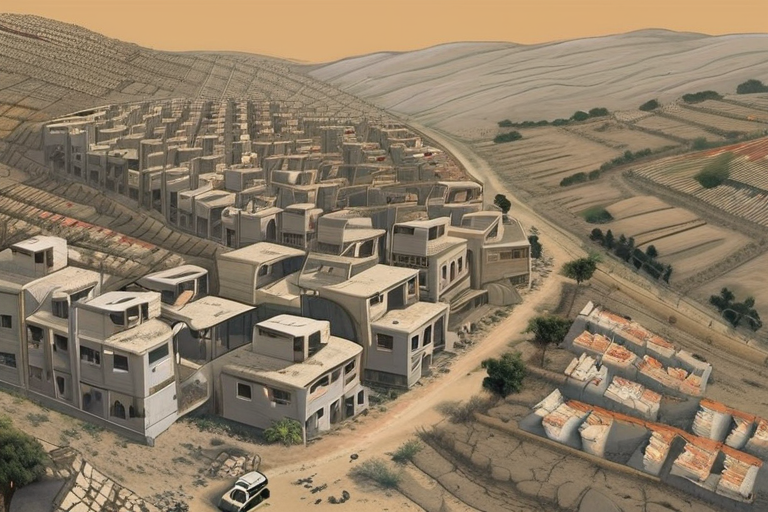
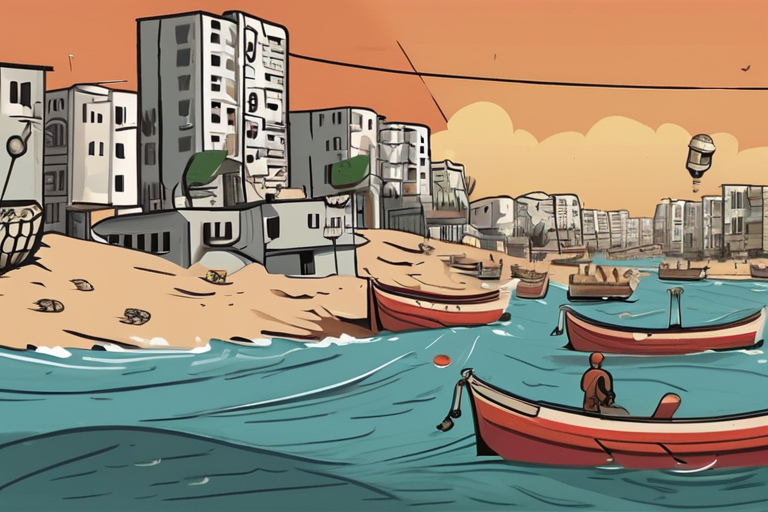
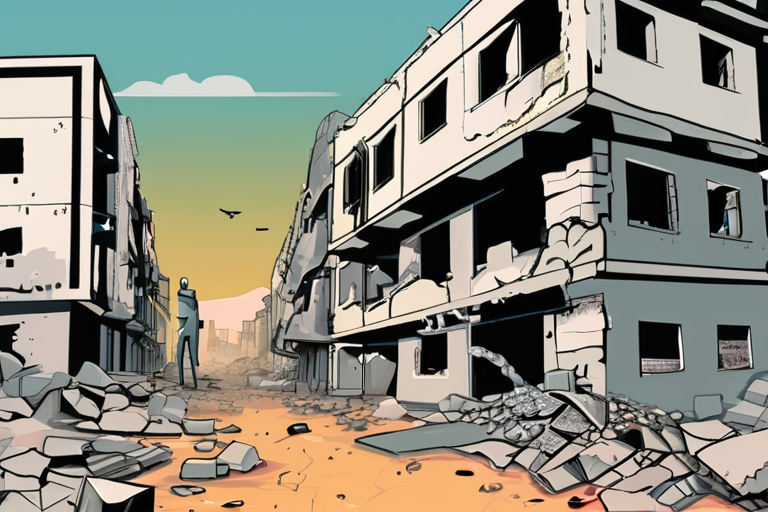
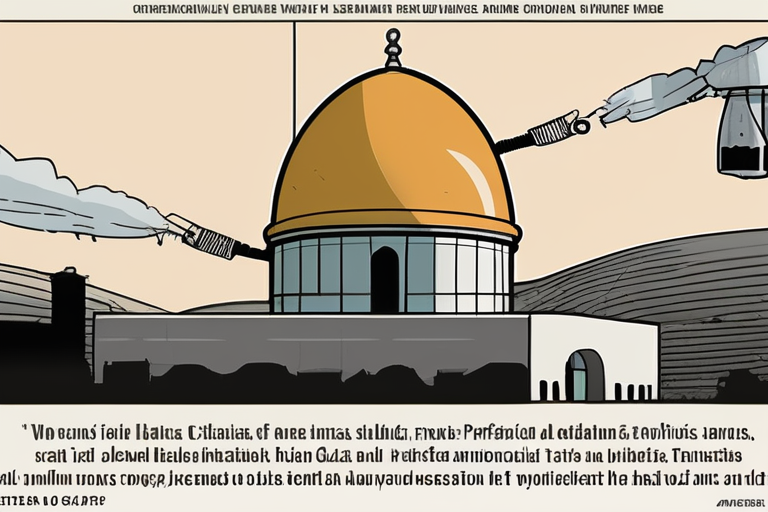
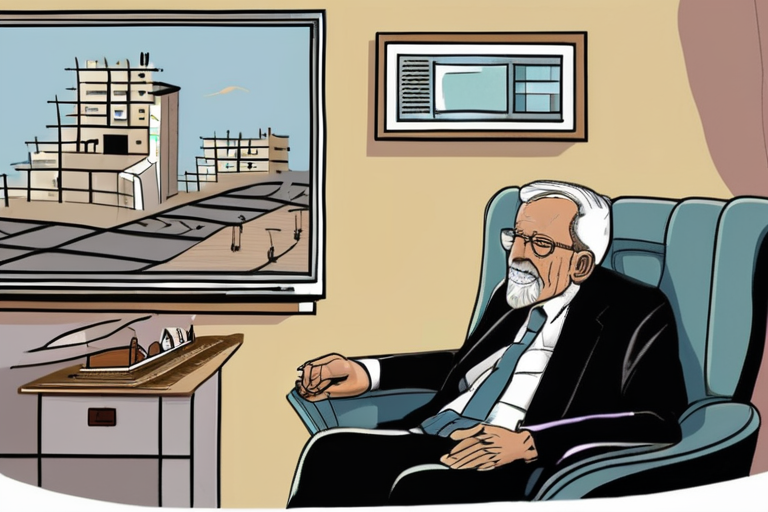
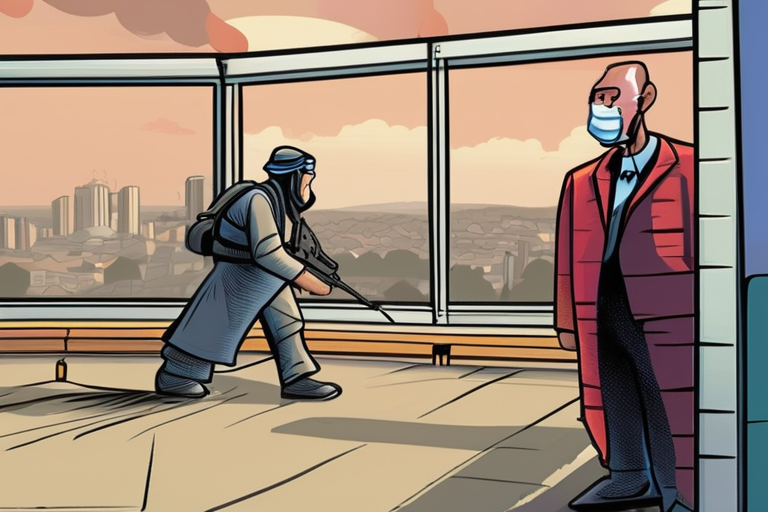
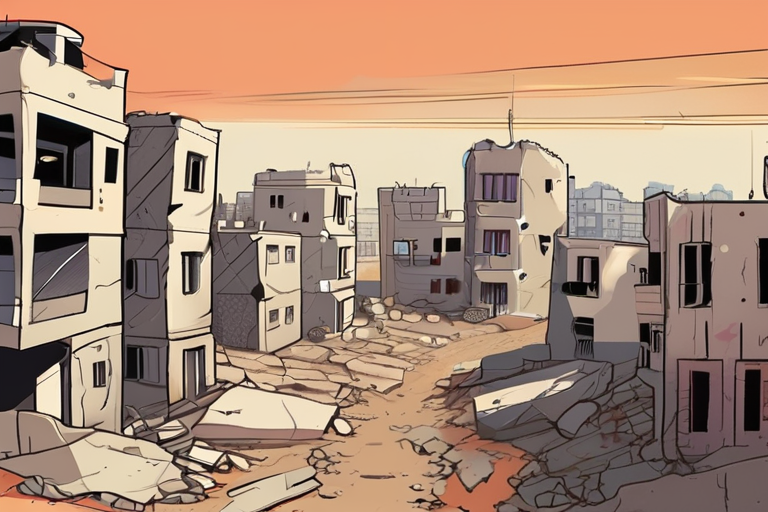
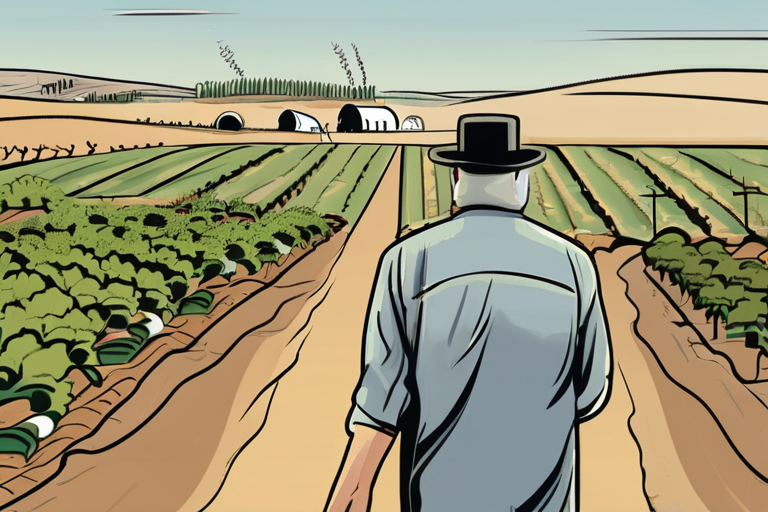
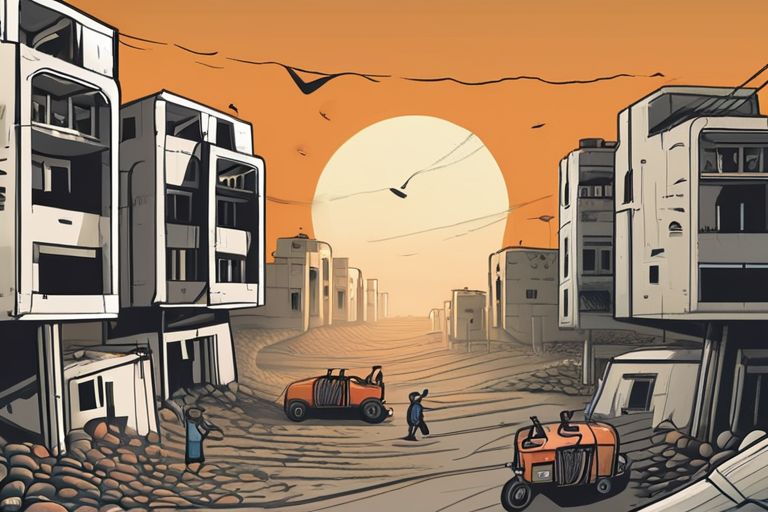
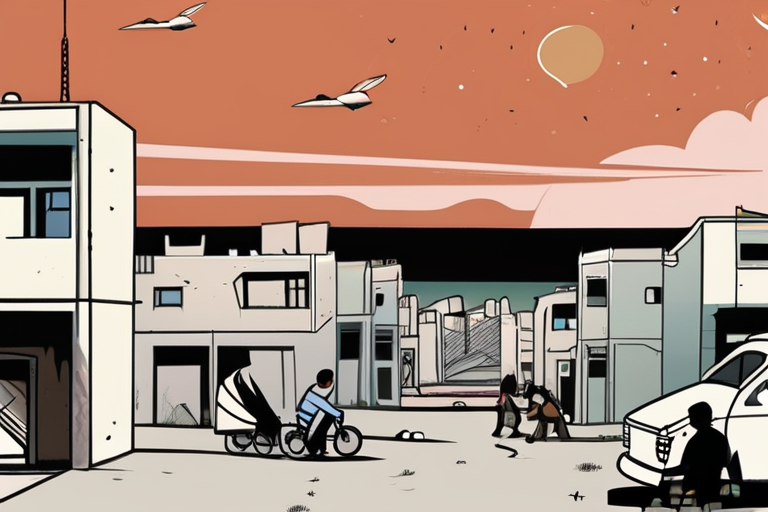
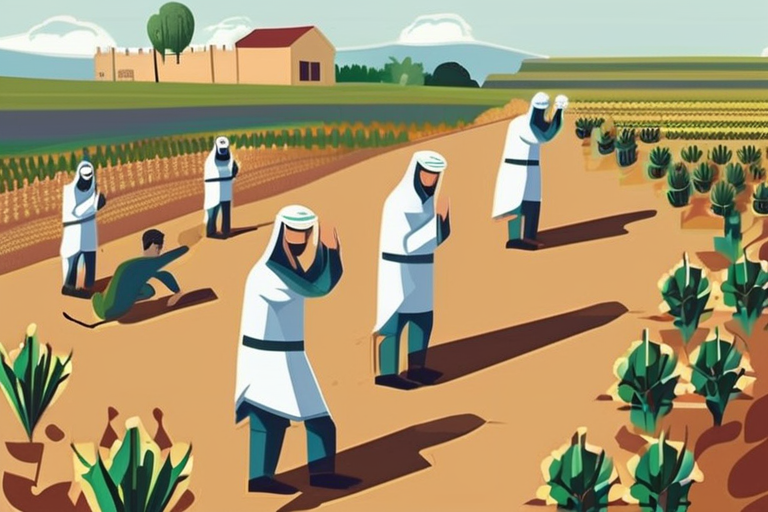
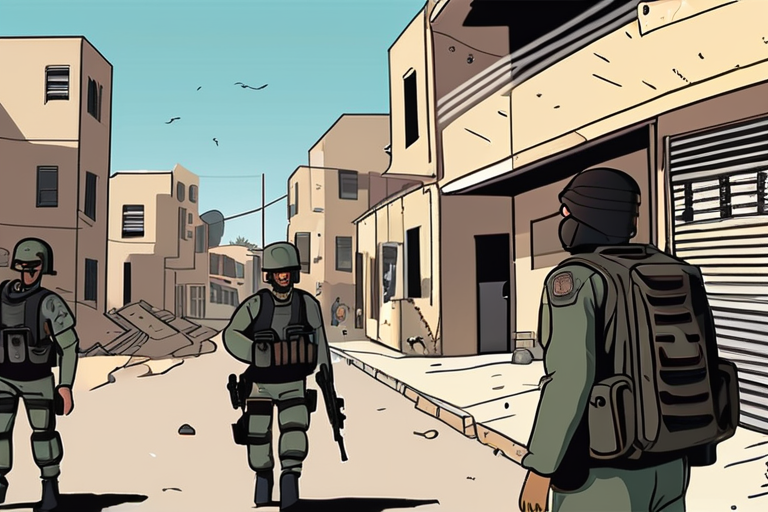
Share & Engage Share
Share this article